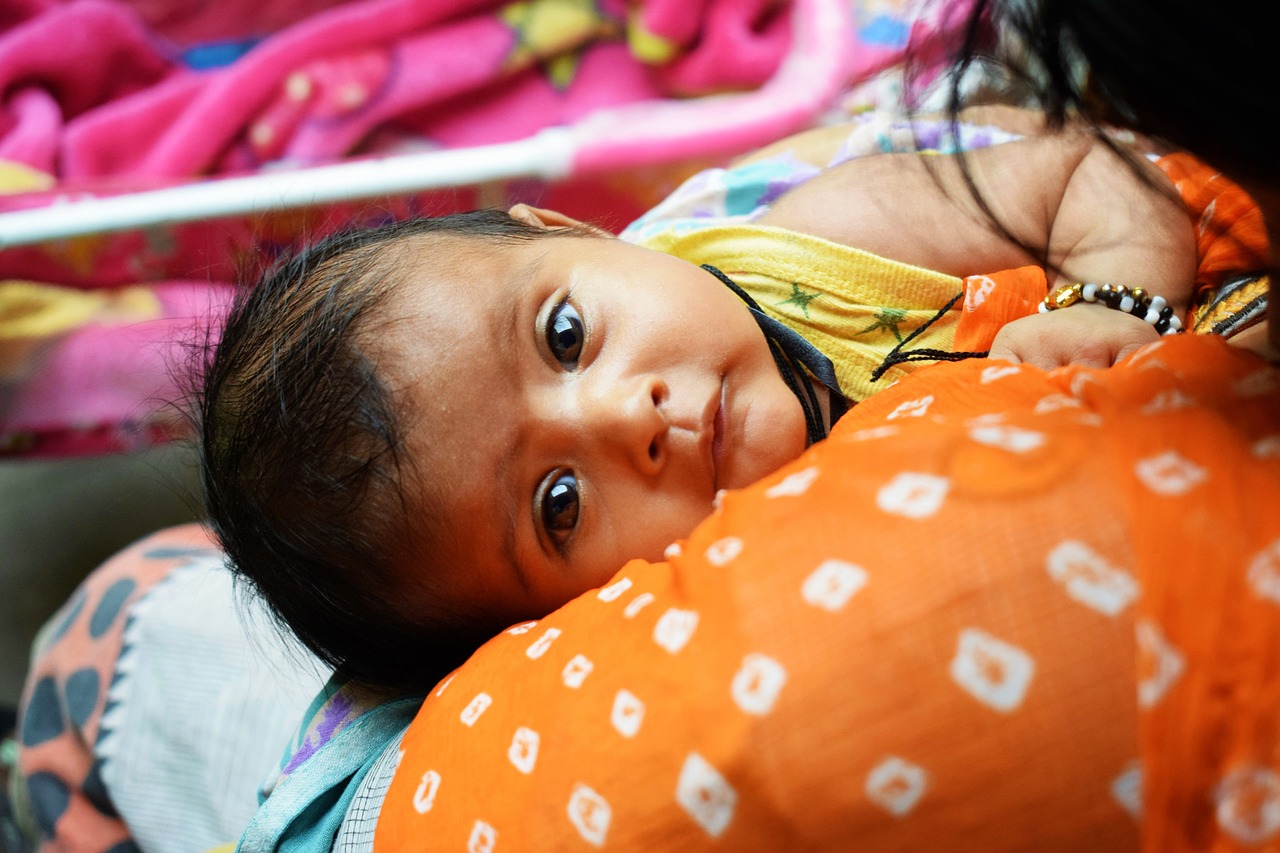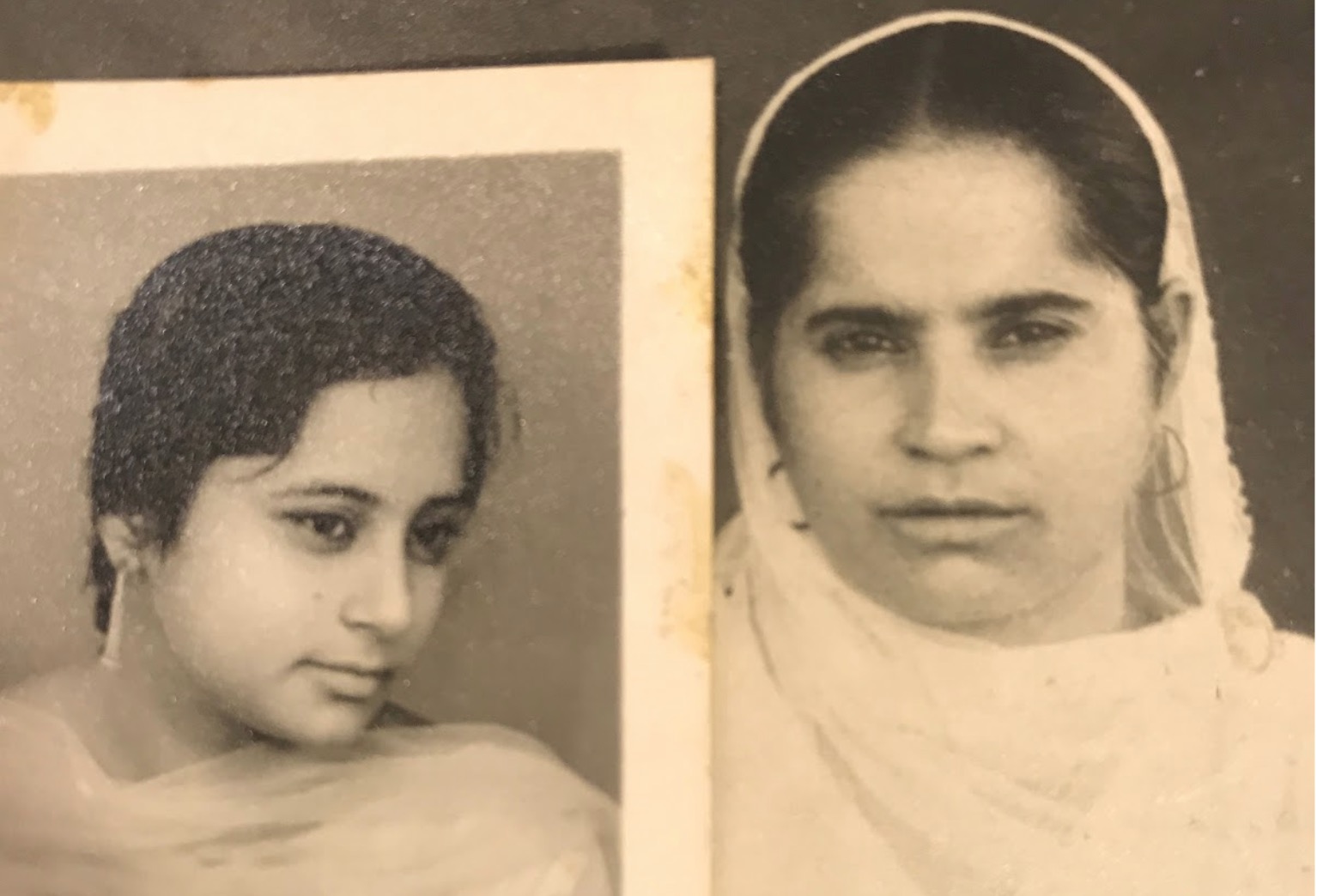The following article is a general overview of and notes from the 2020 Kaur Life Virtual Retreat – Session 2: Unlearning Internalized Patriarchy & Misogyny. It sadly does not capture the richness of the small group conversations or the insight and expertise provided by the guest speakers. But, it will give you an insight into what was covered.
Guest Speakers: Gurleen Kaur, Jasmin Kaur, & Mallika Kaur
Session Description: The objective of this session was to deconstruct how internalized misogyny manifests as low self esteem/confidence, which can put women* in situations where they are more willing to tolerate abusive or unhealthy behaviors and also engage in bashing of other women; discuss the root of these behaviors; and discuss how recognizing our “Divine Origin” will root us in that eternal Truth that can eliminate the root cause of internalized misogyny.
*Women as not defined simply based on sex, but rather inclusive of anyone who identifies as a woman/femme/socialized as feminine.
Trigger warning: Brief mention of sexual abuse and gender based violence.
Examples of Sexism & Misogyny
- Not being allowed to go to sleepovers because you’re a girl. <- Learning, at an early age that the rules are different based on gender.
- Not being allowed to leave home for college and stay in the dorms.
- Being told that girls who wear certain clothes are immoral.
- Adults regulating the bodies of young girls.
- Walking to the local market to buy food was stressful due to sexual harassment in Punjab.
- Serving as a rape crisis counselor and seeing that young girls’ bodies are available to be sexualized and brutalize.
- Women’s main function is to get married; your value is based on your ability to marry a man. Therefore you must compromise who you are…ie) Indian Matchmaker messaging.
- Seeing at Sikh camps that all the role models and those whom kids admired were Singh counselors, not Kaurs.
- Kaurs disbelieving and blaming Kaurs who discloses abuse.
Why do we need to be aware of this?
- Things have changed over time and gotten better, but there’s still a lot more to do and change.
- We have to actively unlearn. We’ve already learned poor behaviors and beliefs, whether we are intellectually aware of them or not.
- How do we reclaim our agency on our own terms while building our networks and strength in sustainable ways?
- How do we write our own histories?
- How do we shape our own narratives? How do we push back against the narrative that women are simply and only birthers of the Khalsa?
Culture Pyramid
- How do we understand culture? and its expressions in our world?
- So often when we think about misogyny and sexism, we think of the most egregious forms (like those on the top of this pyramid).
- But, these incidents don’t happen in isolation.
- They are a product of the values and beliefs that we have in our society and our culture.
- These values and beliefs don’t just start in your mind.
- They are the product of societal norms and trickle into our brains through things like verbal expressions or behavioral policing.
- Examples: Jokes, “That’s so gay” or “A women’s place in the kitchen.”
- The response to that might be defensive. Like, “Oh, it was just a joke,” or gaslighting.
- But, it’s not just a joke. It’s a product of larger values and beliefs. And jokes can escalate up the pyramid and have greater consequences.
Internalized Misogyny
- Panelists define internalized misogyny as: When women absorb the “bottom of the pyramid” and police themselves and other women.
- *Women as not defined based on sex, but rather inclusive of anyone who identifies as a woman/femme/socialized as feminine. “Women” is not a homogenous identity or group. Our struggles are very different.
Small Group Discussion #1
What are examples of internalized misogyny you have come across?
How to share and listen to experiences:
- In discussions, someone might say something and get a response of, “Well, that’s not my experience,” or “That hasn’t happened to me.”
- That doesn’t mean this person’s experience isn’t real or not valid.
- You can still support them even if you haven’t experienced the same thing.
- Be careful not to gaslight someone – gaslighting is when, in order to gain more power, you make a person question their own reality and experiences.
- Think to yourself: “How does this relate to me?” or “How can I use my privilege to listen and be there for this person?”
- No two experiences are exactly the same.
- No two people in this room are exactly the same, which is beautiful because we can listen and learn from one another.
Mindfulness Activity
- Hold space for the feelings that you might be processing in this moment.
- Close your eyes.
- Take some deep breaths in.
- Very slowly and consciously, deep breaths out.
- Focus on the physical sensation of air coming in and out of your body.
Writing Exercise
Reflect on some of our own experiences.
Writing Prompt
- I have felt comforted by a Kaur when…
- I have felt hurt/left out by a Kaur when…
There is no right or wrong answer. There’s no specific thing to focus on.
People Are Not the Enemy
- People are not the enemy – systems and beliefs are.
- Patriarchy and structures of dominance are the problem.
- When these systems are internalized, the problem is further strengthened and entrenched.
- Internalized misogyny reinforces a structure that is very unequal.
- That it does not mean that the people who internalize it become our enemy.
- Rather than discounting, rejecting, or cancelling each other, how do we call each other into better conversations? How do we develop a movement against dominance? against patriarchy?
- Think about where other people are coming from before jumping to conclusions about them, or before we further perpetuate stereotypes.
- Let’s think about how to be better allies, teachers, sisters, and parents.
- Think about how we can protect each other from these structures of dominance. We have Gurbani to guide us here.
Understanding What Lies Beneath
- The tip of the iceberg is a statement or behavior we find problematic.
- Let’s think about what lies beneath it.
- Why might a Kaur tell another Kaur she should compromise?
- Perhaps when they have compromised in their own lives, they have been praised or appreciated and thus, they believe they are giving good advice.
- Why might a Kaur disbelieve another Kaur who discloses domestic abuse?
- It might feel safer and easier to disbelieve someone rather than to engage with the harsh reality about the information we are being told about the abuser. Especially if it’s someone we know or the information doesn’t line up about what we have observed about that person. (ie: “But he’s so nice! He couldn’t have hit you!”)
- It might feel easier/safer to disbelieve than face the harsh reality she is hearing that calls her own status, or then her own collusion, into question.
- Or, a disclosure may trigger someone’s own trauma, whether personal or societal.
Knowing why someone might act a certain way does not excuse that behavior.
We’re trying to come up with possible explanations for the ways people might display their own misogynistic behavior.
Small Group Discussion #2
- Return to the examples you came up with from Small Group Discussion #1.
- Rewrite them based on what you imagine the wound underneath might be. Why do you think these things happened?
Large group debrief
Participants’ reflections from their small groups:
- “It’s hard to have these conversations with other Kaurs because you’re always worried about other people’s reactions or what somebody is going to say. Or maybe you’ll be told ‘you’re too sensitive’ or ‘it was just a joke’.I’m always wondering, ‘Will they support me? What if I opened up my heart to this person and they shut me down?’ ”
- “How do we make our partners participate more in the regular activities in the home?”
- “Where does this come from? How we were raised? Our personality?…if you’re the alpha in the relationship and you’re used to doing everything yourself, maybe your partner will step back and let you do all the work.”
- “We talked about female hygiene and menstruation, and different families’ orientation to it.”
- “How do you negotiate invisible labor? Or emotional labor? or physical labor? It is exhausting to raise a family, so how do you negotiate that conversation?”
- “We’ve learned behaviors from watching older generations, like gender roles. We also learn behaviors from our experiences.”
- “Sometimes we look to others to find value. If we don’t have internal value, we look to others to give us that value or the affirmation. That might mean believing my value in this family comes from my role of cooking and cleaning.”
- “Thinking, ‘It’s my job as a woman to stay here and deal with this in an abusive relationship.”
- “Crying is often seen as an expression of weakness, especially for men. We talked about how we have crafted lives to fit in with the male agenda. But gender roles also add pressure for our male counterparts as well. Like, they’ve often been made to feel like they can’t be sensitive or openly cry or talk about their feelings. Patriarchy it’s doing anyone, any good, women or men.”
Takeaways and Action Items
- In the same way that a physical wound takes time to heal, our emotional wounds will take time to heal.
- Especially since we’re in an environment that conditions us to internalize misogyny.
- But, we have the capability to get there; we have that capability to learn and grow.
Write down a takeaway or an action that you want to commit to.
Participant responses:
I’m not going to….
- become financially literate and independent.
- stop use the word “slut”.
- try to avoid commenting on other people’s bodies
- stop shaming my own body.
- recognize my privileges.
- work on myself before judging others.
- listen more.
- unpack the wounds.
- practice radical honesty.
- continue to teach my daughter that she can.
- recognize my own worth.
- push for equality.
- be unapologetic about focusing on me.
- build with other Kaurs.
- be okay with being uncomfortable.
- be content with myself.
Final Words
- These are all struggles that each of us face.
- We have internalized misogyny and we live in this condition.
- So, we might not be able to get rid of all our biases today or tomorrow. But we have a lot control over actions and beliefs, and we can start course correcting.
About the Guest Speakers
Gurleen Kaur
Gurleen Kaur (she/her) is a sexual violence prevention educator at MIT. She is a lover of people and the Sikh diaspora. She has hopes and visions of Sikh communities being more open about sex, dating, and relationships. Her work on violence prevention centers on minimizing shame, secrecy, and taboo around these topics. In her spare time, she has recently organized 2 Queer Sikh Meet Ups. Follow her @greengurleen on IG in order to learn more about her events for queer folks and allies. Instagram: @greengurleen
Jasmin Kaur
Jasmin Kaur (she/her) is a writer, illustrator and poet living on unceded Sto:lo territory. Her writing, which explores themes of feminism, womanhood, social justice and love, acts as a means of healing. As a poet and creative writing facilitator, she has toured across North America, the UK and Australia to connect with youth through the power of artistic expression. Her debut poetry and prose collection, When You Ask Me Where I’m Going (2019), is available with HarperTeen in North America and with Penguin Random House in the Indian Subcontient. Her sophomore novel, If I Tell You The Truth, releases with HarperTeen in Winter 2021. Website: www.jasminkaur.com| Twitter: @jusmunkaur | Instagram: @jusmun
Mallika Kaur
Mallika Kaur (she/her) is a lawyer and author who focuses on international human rights with particular attention to gender and minority issues. She is the author of “Faith, Gender, and Activism in the Punjab Conflict: The Wheat Fields Still Whisper,” highlighting Punjab’s hazardous human rights movement. Kaur has worked with victim-survivors of gendered violence since 2003, including as an attorney, emergency room crisis counselor, and an expert witness on domestic violence. She is the co-founder and Board Chair of the community-based nonprofit, Sikh Family Center, focused on promoting healthy and violence-free families across the U.S. Website: punjabconflict.org | Twitter: @mallikakaur





No Comments